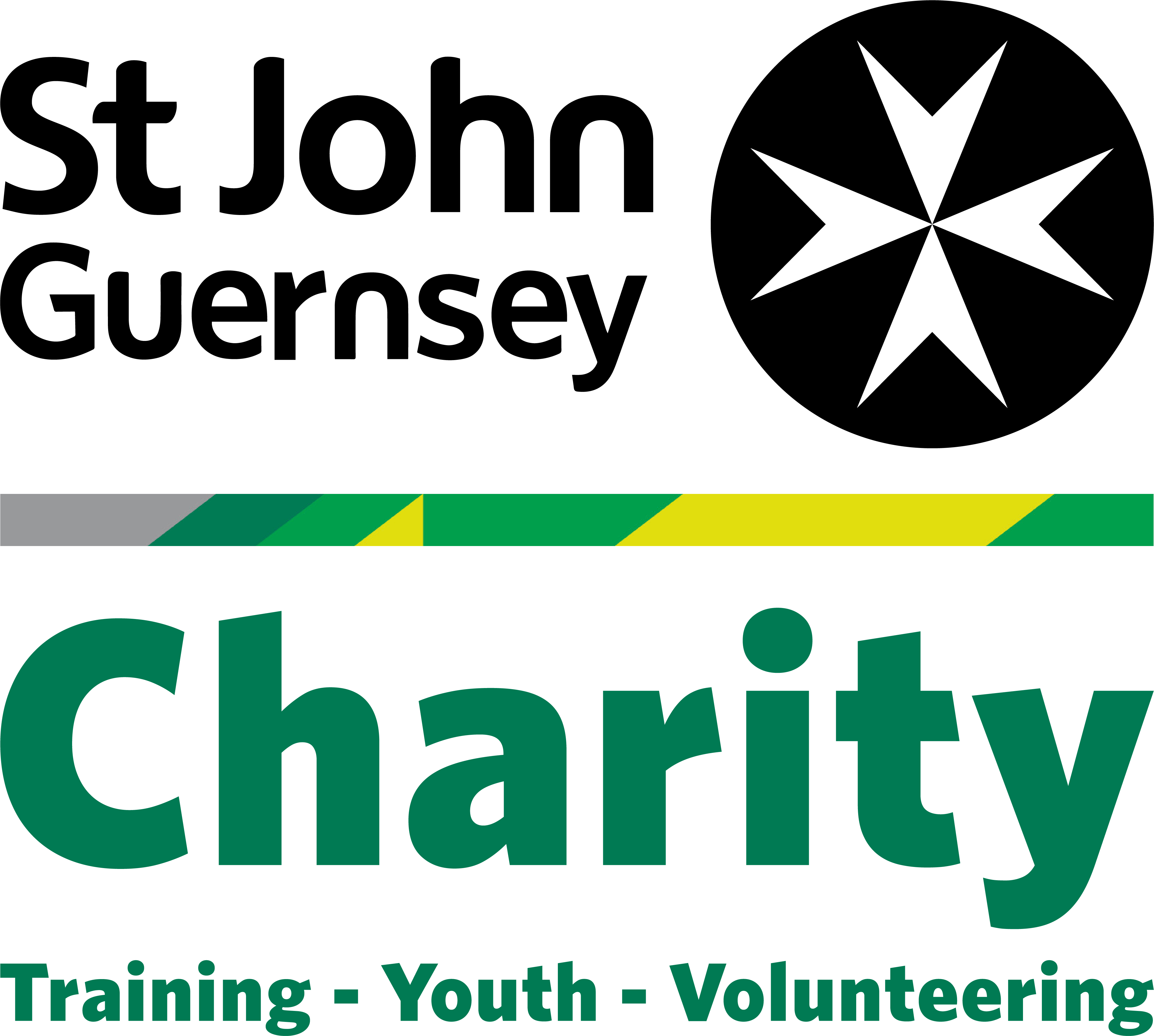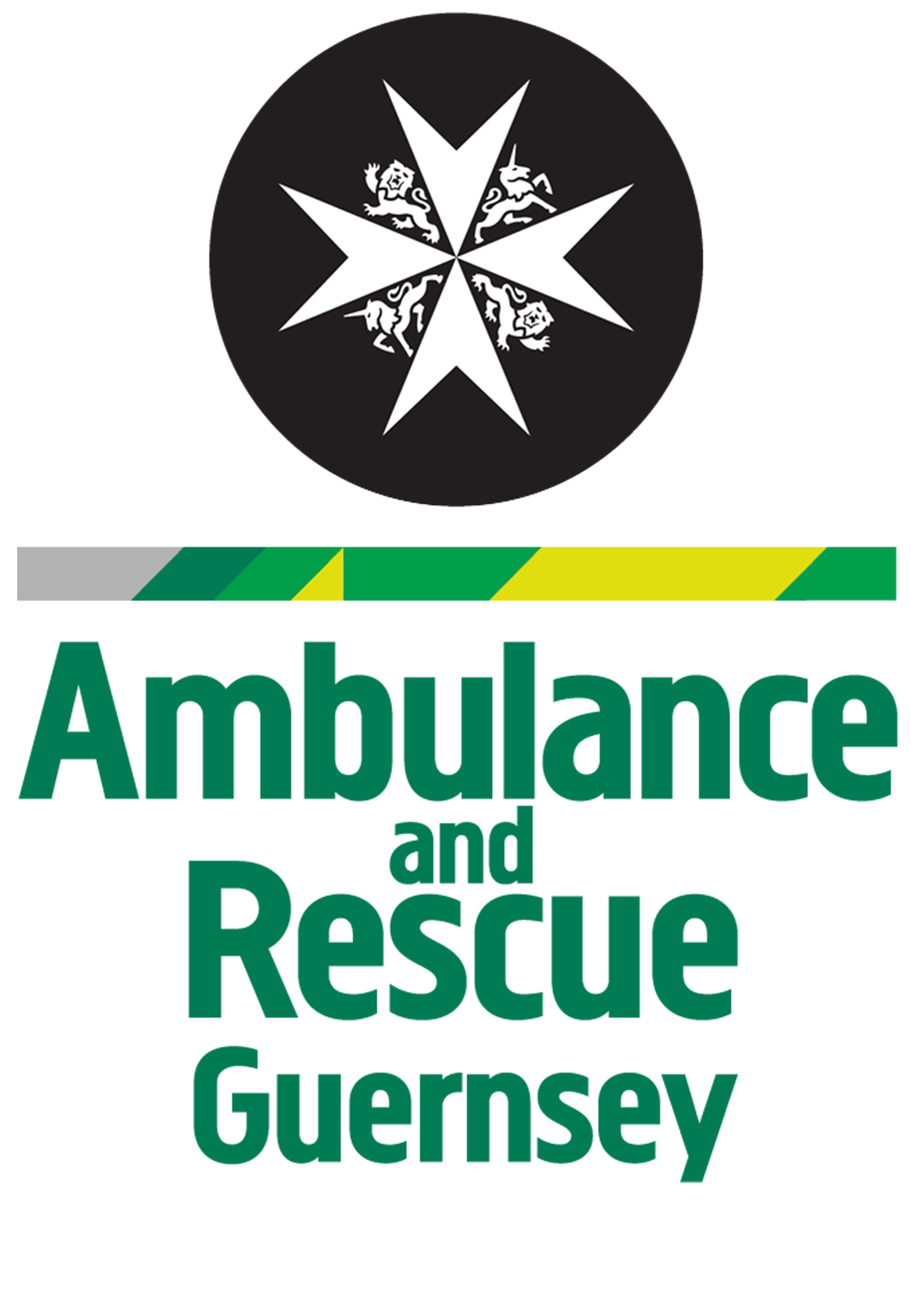St John Paramedic Tutor Graham Le Maitre is to retire at the end of June after 39 years with the ambulance service.
Graham joined the “Ambulance & Rescue Service” in May 1981 having previously worked as a radio and television engineer for Rediffusion based in the Bouet. “In those days it was required that you had a trade to get into the ambulance service, so when I joined I was also able to repair the radios and go up the radio mast at Les Touillets and Pointes Lane to do maintenance of the St John transmitters,” he said.
“I always wanted to be in the ambulance service since I was a schoolboy. I used to listen out for the two-tone sirens and would run down the road to watch the ambulance pass. I joined the St John Juniors back in 1968 and I took part in first aid competitions locally and in the UK, so it was always what I wanted to do.”
Graham says things have changed considerably since he started. “We still had the old Singer ambulance cars with blacked out rear windows. The ambulances were aluminium Bedford J chassis, with a six-cylinder engine, aluminium dashboards and rough old toggle switches. There was one stretcher in the back, with no wheels so it had to be carried everywhere. ‘Moving and handling’ had not really taken off at that stage. All equipment was re-usable, from our black Bag-Mask-Valve resuscitators, which were given a cursory wipe over to the oxygen masks which had to be washed between patients. Aspirators, the devices that are used to suck secretions from the mouth, did not have disposable parts like they do now, so they needed emptying out and cleaning. It was a quite a job.”
Over the years the skill level of clinicians has increased considerably. Initially ambulance crews could only administer two medical drugs, Oxygen and Entonox, now paramedics can administer up to thirty different drugs. When Graham joined the service there were no paramedics, in fact in 1991 Graham became only the second person to qualify as a paramedic in Guernsey.
Graham who has served on the Flying Christine II and III and was member of the Inshore Rescue Boat crew and the Cliff Rescue team, has worked under six Chief Officers. He was involved in a number of significant rescues and major incidents during his career, including a plane crash at sea and aircraft crash at the airport. He also recalls being winched from a helicopter onto a container ship that was on fire to provide medical support for the fire fighters.
He says the nature of the job has changed significantly: “There was no seat belt law when I started and the legal limit for alcohol was to be able to walk along the solid white line in the road in a straight line. Airbags had yet to be thought of and drum brakes used to rule the day. Serious road accidents and fatalities were not uncommon. Sadly, cot deaths were more common than thankfully they are now. The way the baby sleeps, fungicides in the mattress and parents smoking have all been named as possible causes of this awful event.”
Other aspects of the job have changed too: “Everybody was scared of the matron in the Receiving Room at the hospital (now the Emergency Department). The doctors would walk around in pinstripe suits and in the early part of my career, we had to salute them! I’m pleased to say we have a much closer and better working relationship with ED and other parts of the healthcare service today.”
“Our uniform consisted of uniform trousers and tunic in grey, with peaked cap. You were issued with a ‘tank top’ to wear under your tunic in cold weather. A long grey overcoat was PPE of the day. We did have orange reflective bibs somewhere in the ambulance.”
During his career Graham has also spent time working for St John Training Services and has trained thousands of islanders in first aid, so he will have been a familiar face to many. “I’ve met lots of people who have been on one of my courses and have remembered their first aid skills and put them into action”
Graham became St John’s Paramedic Tutor in 2003, he has trained scores of ambulance staff on a wide variety of courses. He has also taught Advanced Life Support on behalf of the Resuscitation Council and Trauma Intermediate Life Support for the Emergency Department, as well as being an instructor and trainer for Guernsey Police and the Fire & Rescue Service. 
Chief Ambulance Officer Mark Mapp said: “Graham has been responsible for training and developing many Ambulance Service staff and volunteers during his long career. Graham has been the full time Tutor for the Service for nearly 15 years and has set up and run many training courses and Annual development days. He has also heavily supported the Community First Responder, Co-Responder schemes and UK Resuscitation Council Advance Life Support courses. This has led to him working closely with the Fire Service, Law Enforcement, Health & Social Care and other Bailiwick Island groups where he has trained many of their staff. He also helped implement the Pit Stop CPR approach which has led to multi-disciplinary teams working together and seeing an improvement in Cardiac Arrest survival rates. He has taught many community groups Life Saving skills; much of which has been done in evenings and at weekends in his own time.
Mr Mapp added: “Graham has been an excellent role model for both volunteers and professional St John clinicans and has encouraged and developed a number of personnel in improving their First Aid and lifesaving skills.”
Well known for his love of chocolate Graham recalls how a cup of tea and a sweet snack was once order of the day: “When I started we had two first aid rooms, one of the people tasked with looking after the first aid rooms also had the important job of putting the kettle on and making the tea in a big tea pot at 10 o’clock and four o’clock. Cups and saucers were the norm then. It was also that person’s job to do the shop run. During the week we’d get Mars bars and crisps, then on Saturday it was also gateaux!”
Graham who is a keen sportsman and won a Commonwealth silver medal in shooting and represented Guernsey in cycling at the Island Games, say he is now looking forward to spending more time in the gym and getting fit again. Graham who has become known for his ‘dad jokes’ added he’ll miss his colleagues and the banter in the staff room. “It has been a rewarding job and at times an exciting job. It’s not a job that will make you rich, but there has been so much job satisfaction. We get many more letters of thanks than we do complaints”, he said.





